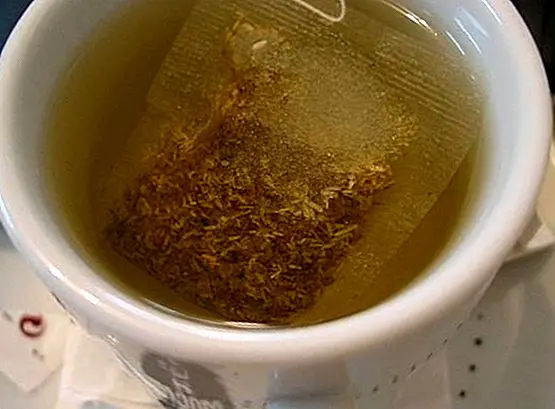Dulse algae: benefits and properties
Recently we talked to you about the Hiziki seaweed, a variety of seaweed that grows in the seas of Asia on rocky soils, and very consumed in Japanese cuisine, although it is true that in our country it is not as well known as other more popular species: nori, kombu, spirulina ...

From a nutritional point of view, it is true that among the different benefits of seaweed, they stand out above all for their great remineralizing power, being especially rich in minerals (such as calcium, magnesium, potassium, iodine, zinc, selenium, copper and cobalt).
The sweet seaweed grows mostly in the North Atlantic, and belongs to the group of so-called red seaweed. They measure between 20 to 40 centimeters, their collection takes place especially in the summer months, and its texture is generally smooth.
It is common in Scottish, Norwegian and Canadian cuisines, where it is common to use it for the preparation of delicious recipes.
High mineral content
Dulse algae stands out precisely because of what most of the marine algae that are consumed stand out: its high mineral content.
In this sense, its high content of iron stands out, a mineral that as you surely know, helps prevent or treat anemia.
It also has magnesium and potassium, two interesting minerals when it comes to relieving the typical symptoms of stress. And iodine, calcium and phosphorus.
Interesting presence of vitamins
In addition to its high content of minerals, we can also find a great diversity of vitamins, such as provitamin A, vitamins of group B and vitamin C.
Benefits of dulse algae
- Algae remineralizing, thanks to its content in minerals such as iodine (useful for maintaining the health of the thyroid gland) or iron (ideal in the treatment or prevention of anemia).
- Provitamin A content, which strengthens eyesight.
- Interesting antiseptic effect.
- It helps prevent tumors of the female genital tract.

Images | secretlondon123 / Akuppa This article is published for informational purposes only. You can not and should not replace the consultation with a Nutritionist. We advise you to consult your trusted Nutritionist.


